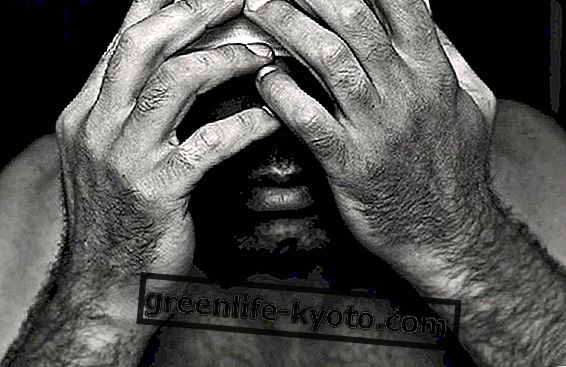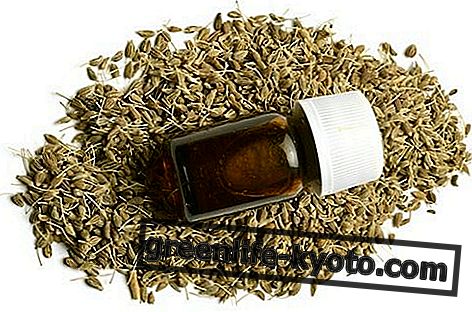
Incorrect lifestyles damage the liver in an incredible way and the same goes for emotions that settle and that are similar to anger and resentment .
Frustration also plays an important role in the overall state of health of the liver: if you are unable to expel something from your life that is no longer there, the liver suffers; if you underestimate the importance of making choices that aim at the essential, the liver suffers. We then see the link between liver health and planning.
The planning and well-being of the liver
Healing the liver means healing the body and the same goes for a purely preventive speech. The stress generated by an emotion such as anger weighs on the immune system, since this emotion affects both hormones and neurotransmitters like adrenaline, noradrenaline, dopamine and has an immediate reflex on the whole organism.
The well-being of the liver is linked to the capacity of expansion, realization, ensures the flow of Qi throughout the body at various levels: emotional, digestive . The liver in Traditional Chinese Medicine also regulates the secretion of bile and has an action on the blood in general and on menstruation in particular.
The liver controls the tendons and the joints, shows itself on the nails, its opening is the eyes, has the role of defense and protection, is connected to the sleep-wake balance.
Why is it an organ that is fine if the person can imagine projects, see before him? Because in the traditional system it is linked to vision, to foresight, it is the seat of pure Yang energy, creative and concretizing.
Also in yoga the liver, together with the gall bladder, is affected by the angry emotions. Some positions that help in this regard are: Ardha Matsyendrasana, Janu Sirsasana, Baddha Konasana, Prasarita Padottanasana, Position of the Lion (Simhasana), Upavistha Konasana. All these positions, if performed in accordance with the breath, stabilize the emotionality.
The tips to better manage your time
The liver, our filter organ
The liver is a very important gland and has a remarkable amount of functions within our human body; it is not just a digestive function but also a secretive one, just think of bile and other metabolic products.
The liver intervenes in the metabolism of glucides, in the synthesis of fatty acids and plays a very important role compared to our blood: it metabolizes the dead red blood cells, recovering the iron bound to hemoglobin.
It is a deposit of vitamins and iron and intervenes in protein catabolism, it is involved in the synthesis of non-essential amino acids and plasma proteins.
An unrestrained consumption of caffeine and other alkaloids damages this organ, as obviously also alcohol. On the contrary, some herbal remedies for the liver are able to restore their functionality with extreme effectiveness.
Moreover, a group of Italian researchers has developed the MMP10, a protein that can help the liver, found by researchers at the Campus Bio-Medico University of Rome together with those of the University of Pamplona: this protein promotes regeneration and liver tissue repair.
The reflex areas of the liver on the foot













